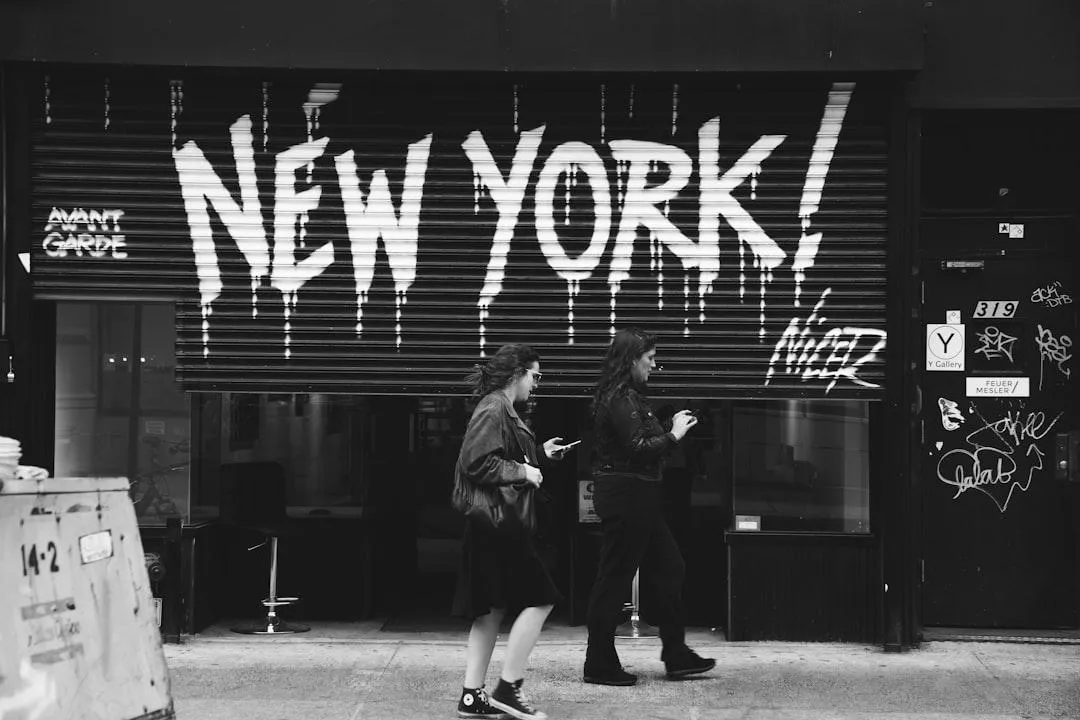
Fast Facts: Understanding the New York AI Regulation
Fast Facts: Understanding the New York AI Regulation (NYC Local Law 144-21)
What is NYC Local Law 144-21?
New York's AI Regulation refers to the proposed legislation (e.g., New York Assembly Bill A567) that aims to regulate the use of automated employment decision tools (AEDTs). The regulation is designed to ensure fairness, transparency, and accountability in AI systems, particularly in hiring and employment decisions. Also known as AI in hiring law.
Who does it affect?
The regulation applies to employers and employment agencies in New York City using AEDTs to screen candidates or employees. It impacts HR professionals, recruiters, AI vendors, and any organization deploying algorithmic tools in the hiring process.
Why was it introduced?
Concerns over algorithmic bias, discrimination, and lack of transparency in AI-driven hiring prompted the regulation. The goal is to protect candidates from unfair treatment and to increase accountability in AI usage.
How does it work?
Key provisions include:
Mandatory bias audits by independent auditors before using AEDTs.
Annual audits to assess disparate impact.
Notification to candidates at least 10 business days before use.
Disclosure of job qualifications and characteristics used by the AEDT.
Public summary of audit results.
When does it take effect?
The NYC Local Law 144, which aligns with these principles, took effect on July 5, 2023, and is considered a model for broader state regulations.
Where does it apply?
Currently enforced within New York City, the regulation is influencing discussions and similar proposals at the state and national levels.
What are the penalties?
Violations can incur civil penalties:
$500 for a first violation.
$1,500 for subsequent violations, including each day an AEDT is used in non-compliance.
How can organizations comply?
Inventory AI tools used in hiring.
Conduct independent bias audits annually.
Update candidate notifications to meet disclosure requirements.
Publish audit results on the company website.
Train HR teams on AI compliance and ethics.
Review contracts with AI vendors to ensure compliance responsibilities are clear.
Finally, New York's AI regulation signals a growing trend toward responsible AI governance. Organizations could proactively adopt transparent and ethical AI practices, not just for compliance, but to build trust and equity in their workforce.
For more 5-minute reads that matter, stay tuned for more insights on AI, risk, and governance from Obi Ogbanufe, PhD
